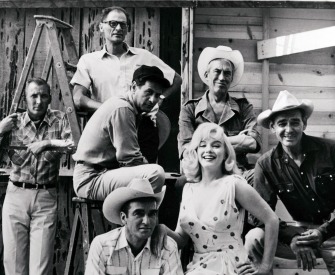Dear Mr. Moore,
No more rhyme for—or rather, from—me. I have taken my leave of that stage and henceforth will mountebank it no longer. I have had my day, and there’s an end. The utmost expect, or even wish, is to have it said in the Biographia Britannica that I might perhaps have been a poet had I gone on and amended.
My great comfort is that the temporary celebrity I have wrung from the world has been in the very teeth of all opinions and prejudices. I have flattered no ruling powers; I have never concealed a single thought that tempted me. They can’t say I have truckled to the times, nor to popular topics, (as Johnson, or somebody, said of Cleveland) and whatever I have gained has been at the expenditure of as much personal favor as possible; for I do believe never was a bard more unpopular than myself. And now I have done—“ludite nunc alios.” [Mock others now.] Everybody may be damned, as they seem fond of it, and resolve to stickle lustily for endless brimstone.
From a letter to Thomas Moore. Written after the scandal he caused with his eight-line poem libeling the Prince Regent in his first edition of The Corsair, Byron found himself in trouble again after his half sister gave birth to their child and rumors of his bisexuality spread. He left England permanently in 1816, dying at the age of thirty-six on Easter Monday in 1824 while assisting the Greek independence movement.
Back to Issue





